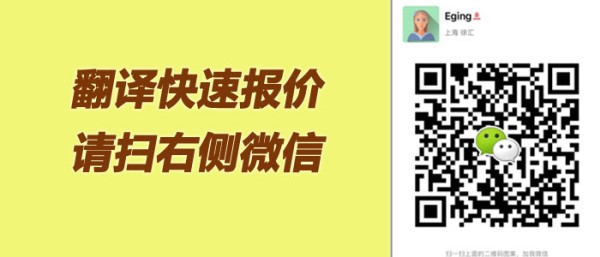In 1882, Peter J. McGuire, a leader of the labor union the Brotherhood of Carpenters and Joiners (joiner being "a craftsman who constructs things by joining pieces of wood" or "a worker in wood who does more ornamental work than a carpenter") proposed a day to honor laborers. Laborers were considered a new class that worked in the factories and plants created by the Industrial Revolution. Labor Day became a national holiday on which workers in the 1890s and early 20th century used to call attention to their grievances. There were often parades, political speeches, fireworks, and a picnic. Today, Labor Day, celebrated on the first Monday in September (as of 1894, by law), simply honors anyone who works. The date has no traditional or historic significance but was picked because it filled a gap in the schedule of legal holidays. Canada also celebrates Labor Day on the first Monday in September; many other countries observe this on May 1. The word labor comes from Latin laborem, "distress, toil trouble; drudgery, labor," and first referred to work that was compulsory or painful. The meaning changed with the advent of the Industrial Revolution. The first labor unions or trade unions came with the Industrial Revolution in Great Britain in the 18th century.
Employ comes from a French word employer, which first meant "to apply or make something for a specific purpose." The French word traces back to Latin implicare, "to involve or engage." By the late 16th century, the sense of "to use the services of a person in a business or professional capacity" was recorded. The word employer was coined by Shakespeare (c 1599) and he also used employ and employment. Employee was first recorded in 1850 according to the Oxford English Dictionary, though previously it was spelled employé and was used by 1834 for "one who is employed." The word payroll is a combination of pay and roll as in "list," i.e. "a list of employees to be paid."
A factory was originally a place where traders did their business in another country. The word is based on Latin factorium "an oil press" (for olive oil). As a place for manufacture of goods, the word was first recorded in 1618. According to Wikipedia, the world's first factory was the Venice Arsenal (1104) in Italy, where ships were mass-produced on assembly lines using manufactured parts.





